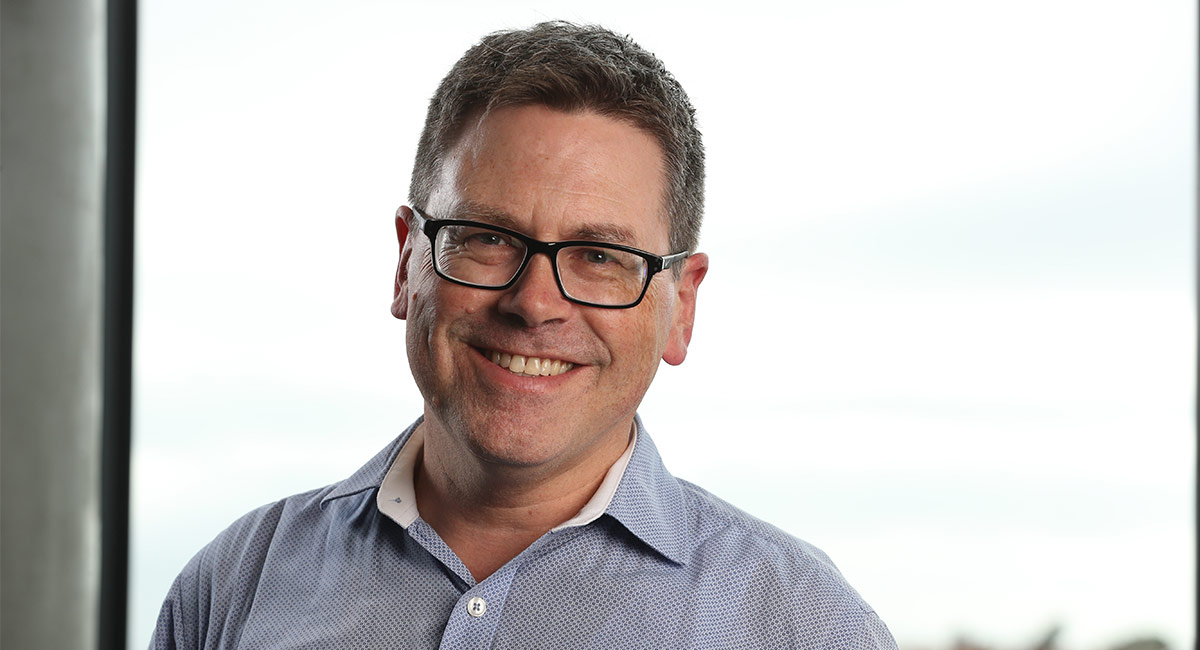Historically, most revenue directors come from sales or marketing. Stuff chief revenue officer Robert Hutchinson has followed a different career path arriving via digital creativity and entrepreneurship.
• NZ Media Profile: Stuff CEO Sinead Boucher
Back in the 90s – when the current digital media world might have been deemed science fiction – Hutchinson was studying English Literature and Fine Arts at Auckland University. Far from dusty thinking, he says, Arts faculties of the day were promoters of digital creativity.
After graduating he was investigating the potential of digital creativity in business and a more lucrative route in real life. He joined an up-and-coming digital firm Terabyte, then formed a consultancy developing websites and e-commerce for advertising agencies and radio.
In 2000 the Dotcom crash was limiting options in New Zealand and he moved to Sydney. For five years Hutchinson was head of new media and digital interface at the ABC. He spent three year years running a digital consultancy for the TV production sector, returning for a second stint as the ABC’s head of digital business development from 2007 to 2013. Hutchinson looked after the ABC shop online, its digital licensing of content and development of new digital products.
After 13 years in Australia – 10 of them at the ABC – Hutchinson returned to New Zealand in 2013.
He started as product development director at Fairfax Media, embarking on a diversification program, including Neighbourly (a community social media platform) and a retail broadband firm Stuff Fibre.
Amid later plans to merge with NZME, Fairfax Media NZ changed its name to Stuff, reflecting the name of its digital news platform.
“When I returned I saw New Zealand as a blank slate,” Hutchinson told Mediaweek. “The trading site TradeMe owned by Fairfax had been a big part of digital strategy in New Zealand.
“When TradeMe was sold by Fairfax, there was still a fantastic digital platform with a great audience and Fairfax New Zealand had lot of flexibility as a brand.
“It was opportunity to re-imagine how something could be done,” he said.
Summing up, he said that in his present role, the aim is to use entrepreneurship to grow revenue.
Hutchinson has some traditional corporate stances: media don’t produce clickbait, they produce things people want to read.
Done well, paid content can be just as valuable as traditional journalism.
“What I want to avoid is our journalism being compromised. The approach is to use entrepreneurship to grow revenue, and that means leveraging off journalism.
“How do we fund journalism so that New Zealand remains a cohesive society you can be proud of – where no people have been held to account,” he said.
“We know that Facebook’s algorithm rewards intense engagement and intense engagement is often generated by that outrage. There has always been a healthy mix of opinion. I like it as a consumer.
“But it always has to be weighted against coverage and good old-fashioned reporting, you need a balance.
“I feel we have done quite a good job setting the standards in our comments sections.” Hutchinson said.
